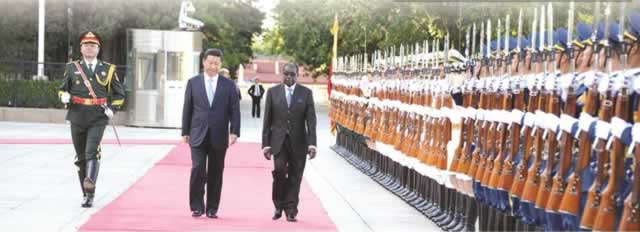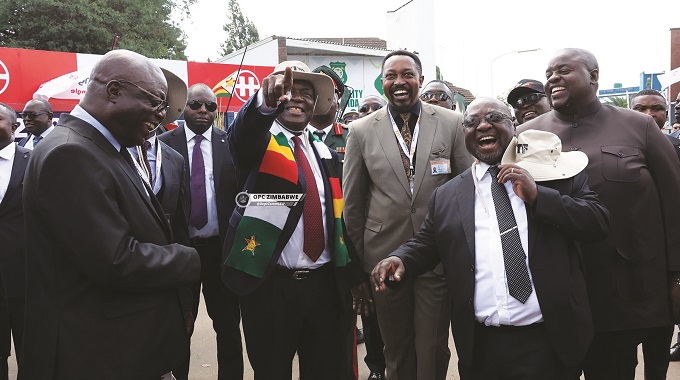Telecoms tariffs outdated: Potraz
Harare Bureau
RATES being quoted by telecommunication companies no longer reflect the cost of providing the services given changes that have taken place since inception of the tariffs, the industry’s regulatory body has said. This revelation comes on the backdrop of a recent study showing that telecoms services providers in Zimbabwe were overcharging consumers of their products.
The Postal and Telecommunications Regulatory Authority of Zimbabwe has since come up with a new costing model, which may result in the service charges being cut in line with the cost of doing business.
The regulator has already engaged operators on the issue of tariffs. It is expected that the talks may result in a 30 percent cut on tariffs, the perceived margin of excess.
Zimbabwe’s three mobile network operators; Econet, Telecel and Net-One charge 23 cents per minute for local calls.
Charges for inter-network voice calls were expected drop to as low as 16 cents per minute if regulators have their way.
South African mobile service provider Vodacom charges R29 for 100MB, R59 for 250MB, R99 for 500MB, R149 for 1GB, R249 for 2GB, R299 for 3GB and R399 for 5GB.
Econet Wireless on the other hand charges $0,50 for 5MB, $1 for 10MB, $5 for 80MB, $10 for 200MB and $20 for 500MB.
Potraz said it has now completed a cost study for the telecommunications sector to replace the costing model adopted in 2009, saying it has been overtaken by events.
Potraz acting director general Alfred Marisa said findings of the study would be implemented in due course.
Marisa said given the changes that have taken place in the sector, which include increased network upgrades, expansion, increased subscriber growth and new service offerings, such as mobile internet, current telecommunicates rates were no longer justifiable.
“Potraz has just completed a cost study for telecommunication services, including voice and data, results of the study will be implemented in due course,” he said.
Marisa said the telecommunications “rates that were determined in 2009 were no longer reflective of the true costs of providing telecommunication services”.
The principle for rates determination, Marisa said, was that effective rates have to be cost-based rather than benchmarking with rates obtaining in other countries.
The Potraz boss said this was because cost structures faced by operators varied from country to country.
Potraz also said its costing exercise was meant to align costs to the situation in the industry and ensuring operators charged rates reflecting the cost operations.
Review of charges is done regularly to align operators’ costs to the charges they apply to service offerings.
According to Potraz, all telecommunications rates for licensed services are regulated and have to be cost-based.
This means when operators want to review or change tariffs, they should provide cost information in support of the proposed tariffs review or increase, which must be approved by the authority before being implemented.
The current cost structure, which is based on the Cositu model, was developed in consultation with all the three local mobile firms prior to dollarisation in 2009.
Cositu is a model for determination of costs and tariffs (including interconnection and accounting rates) for telephone services.
The model has become obsolete and has to be replaced with a new cost model – the Long Run Incremental Cost (LRIC).
Econet responded on micro blogging site Twitter said businesses in Zimbabwe faces unique cost structures but said they were working hard to deliver value.
The mobile service provider said there was need to compare licence fees in South Africa and Zimbabwe adding that it was the only operator compelled to pay in full.
The service provider said it was always developing packages to meet the customers’ need for value.
It revealed that the majority of its base stations run on diesel power which cost the company.









Comments